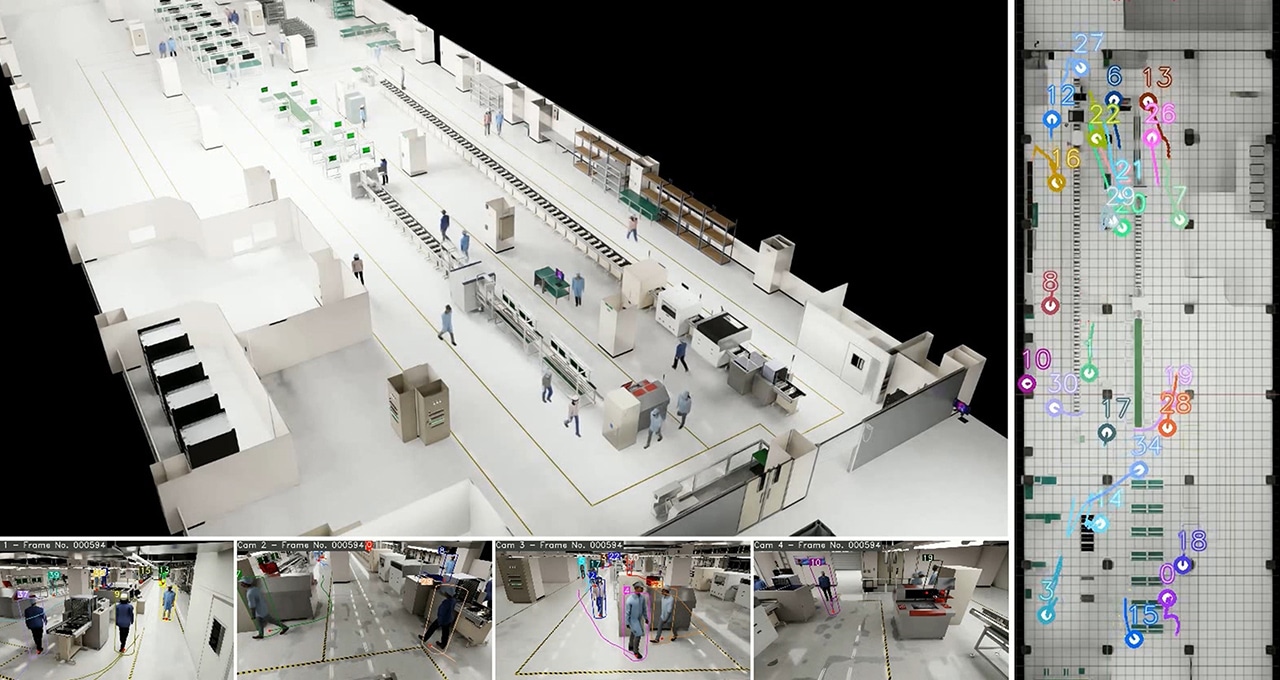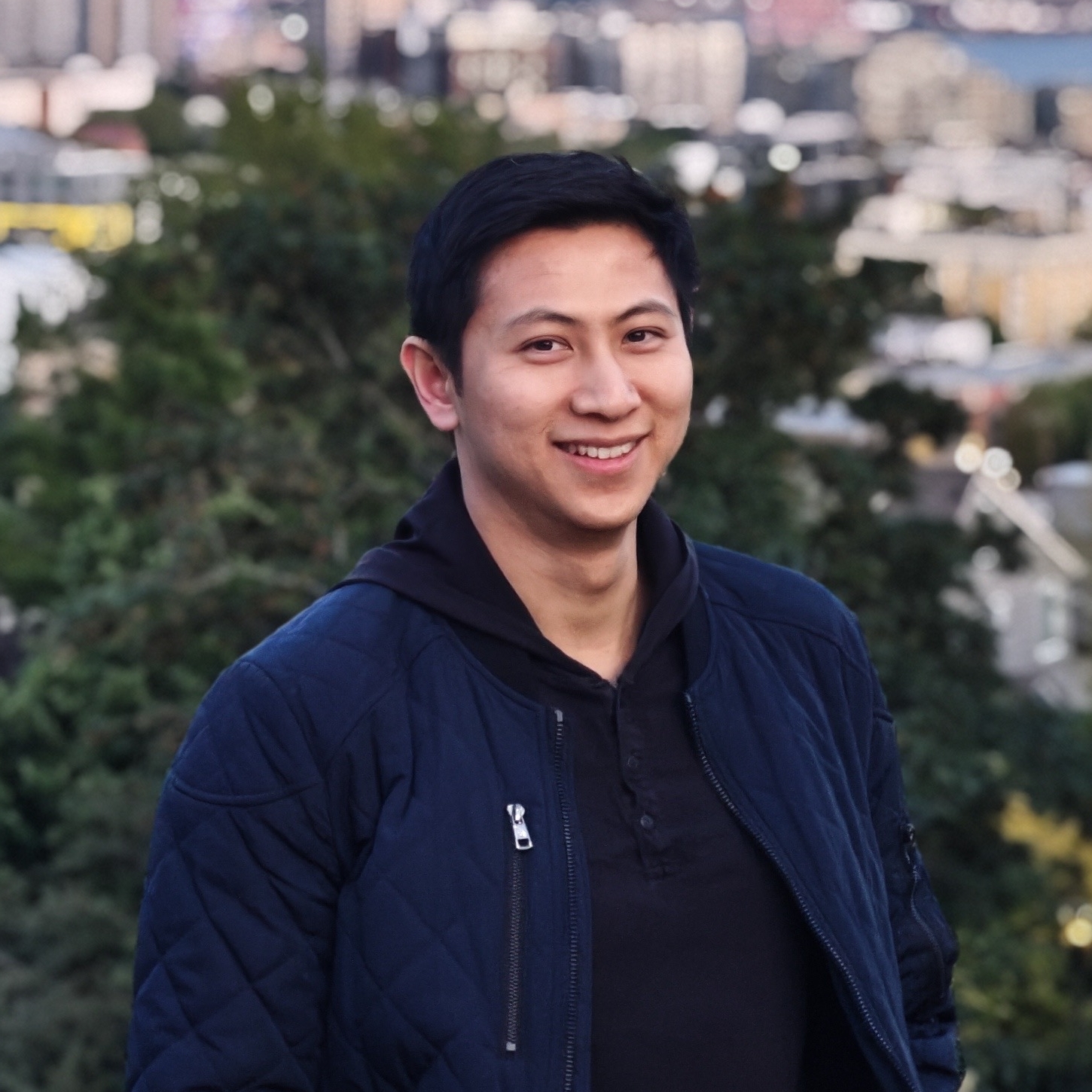Taiwan’s Electronics Leaders Advance Industrial Automation With NVIDIA Metropolis and NIM
Published:
I’m excited to share that leading Taiwanese electronics manufacturers—Foxconn, Pegatron, and Wistron—are leveraging NVIDIA’s Metropolis platform and NIM microservices to transform industrial automation. This development was highlighted during NVIDIA CEO Jensen Huang’s keynote at COMPUTEX 2024.
Foxconn and its subsidiary, Ingrasys, are utilizing NVIDIA Omniverse and Metropolis to create digital twins of their factories. These virtual replicas enable efficient planning and enhancements in worker safety across multiple manufacturing sites. At COMPUTEX, Foxconn showcased how digital twins assist in optimizing the placement of video cameras within factories to capture critical data insights.
Pegatron, operating over 20 million square feet of factory space and managing more than 15 million assemblies monthly, has adopted NVIDIA NIM and Metropolis multi-camera tracking reference workflows. This integration aims to bolster worker safety and productivity on production lines by merging digital twins in Omniverse with Metropolis’s real-time AI capabilities, facilitating improved monitoring and operational optimization.
Linker Vision, a specialist in AI vision insights, is deploying NVIDIA NIM to assist factories in implementing AI agents capable of responding to natural language queries. Utilizing the NVIDIA Visual Insight Agent (VIA), these systems continuously monitor video feeds of factory floors. Operators can prompt these AI agents with natural language questions and receive immediate, context-aware responses, enhancing operational efficiency and safety measures.
The integration of NVIDIA’s Metropolis platform and NIM microservices signifies a pivotal shift towards AI-driven industrial automation, promising substantial improvements in efficiency, safety, and product quality within the manufacturing sector.

